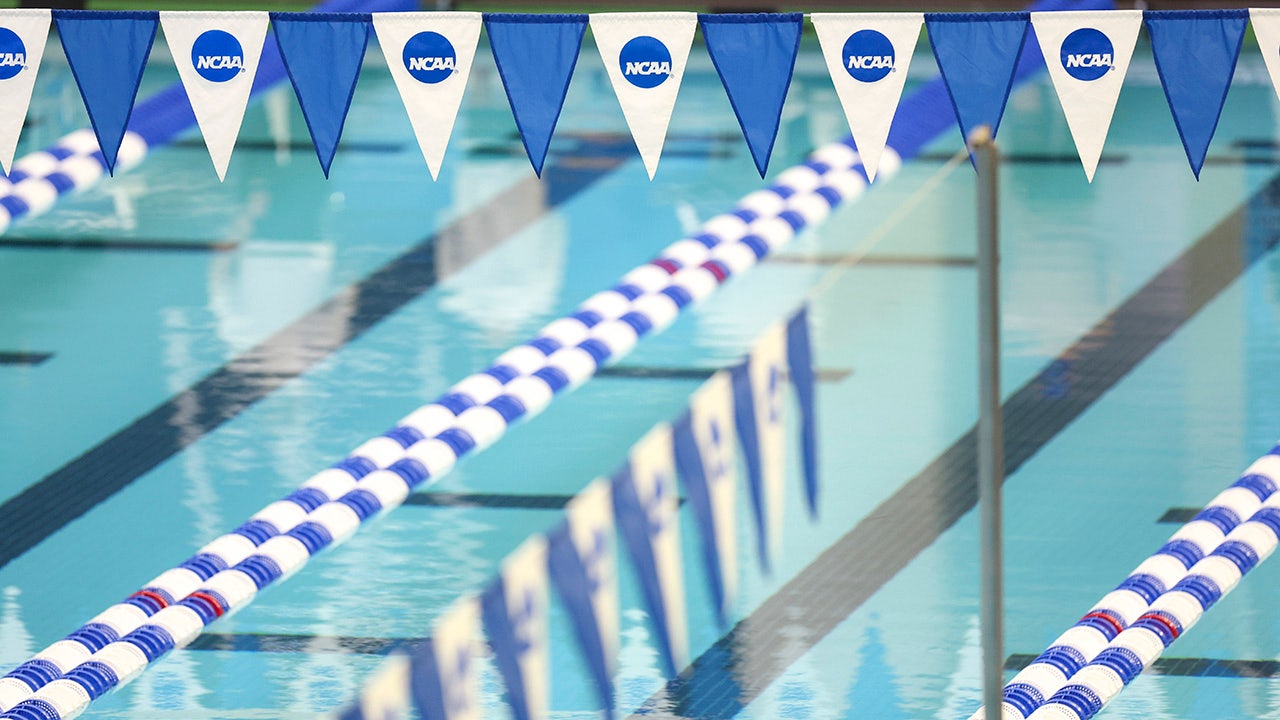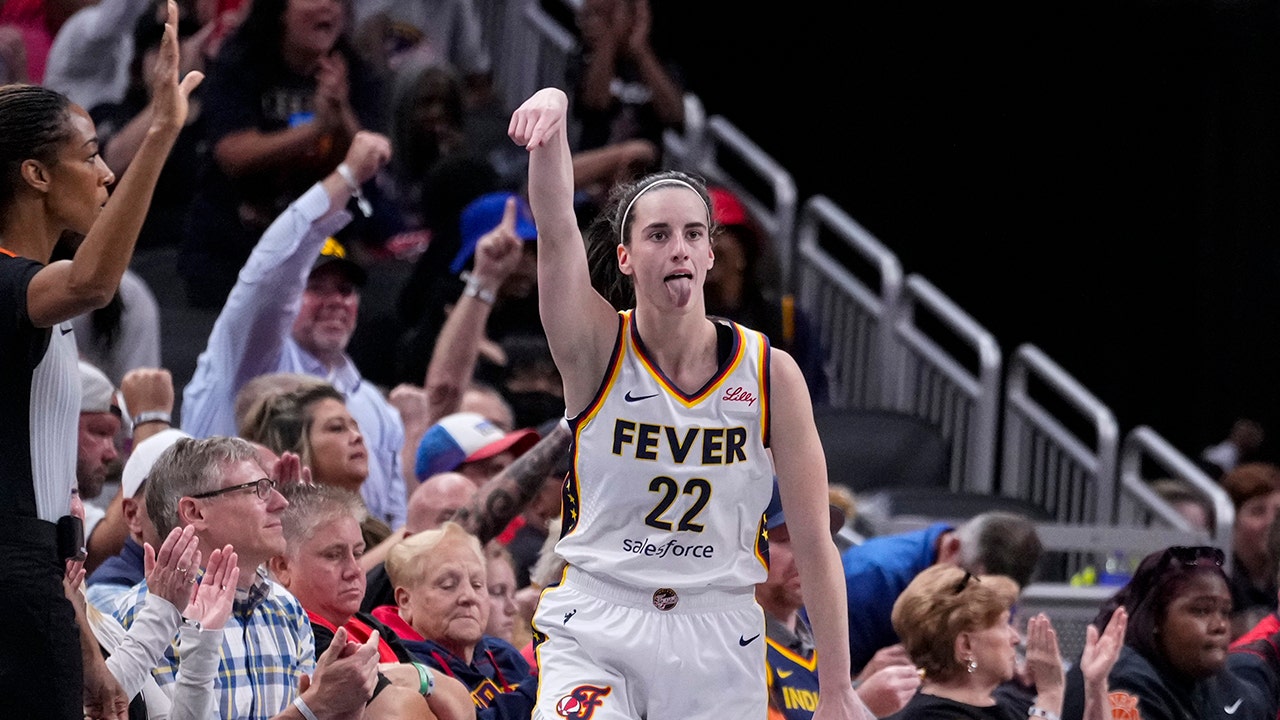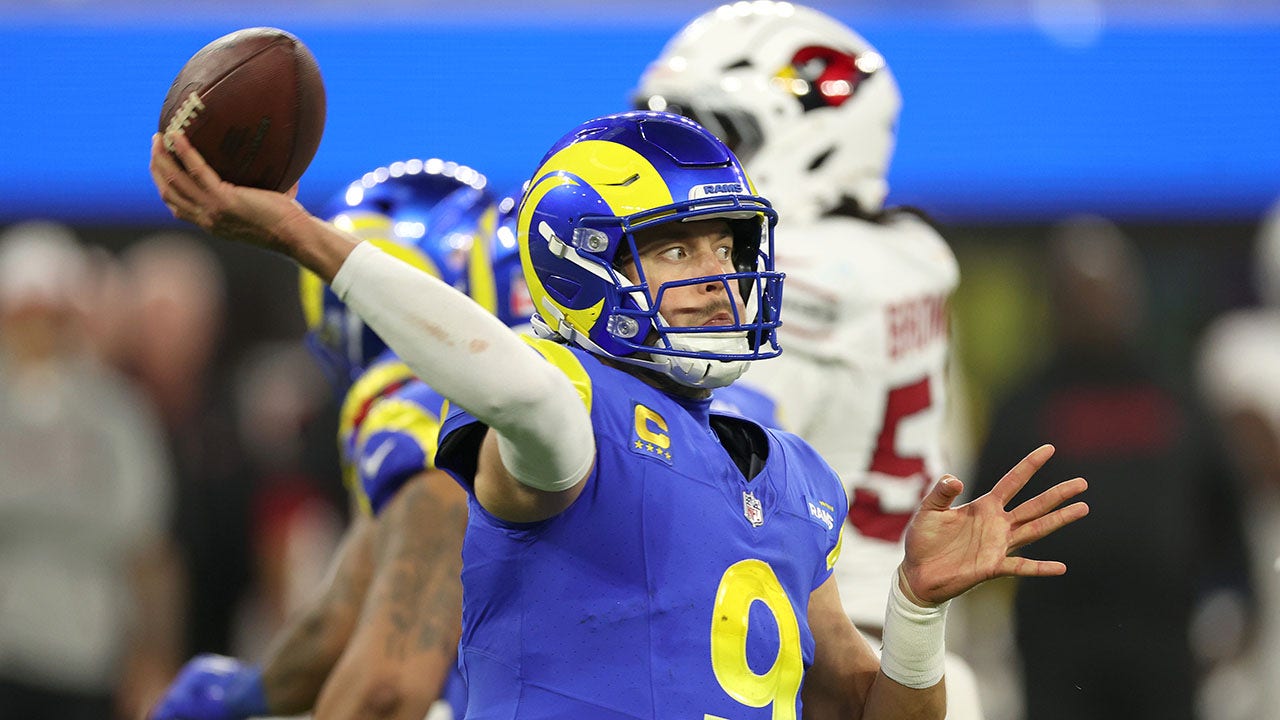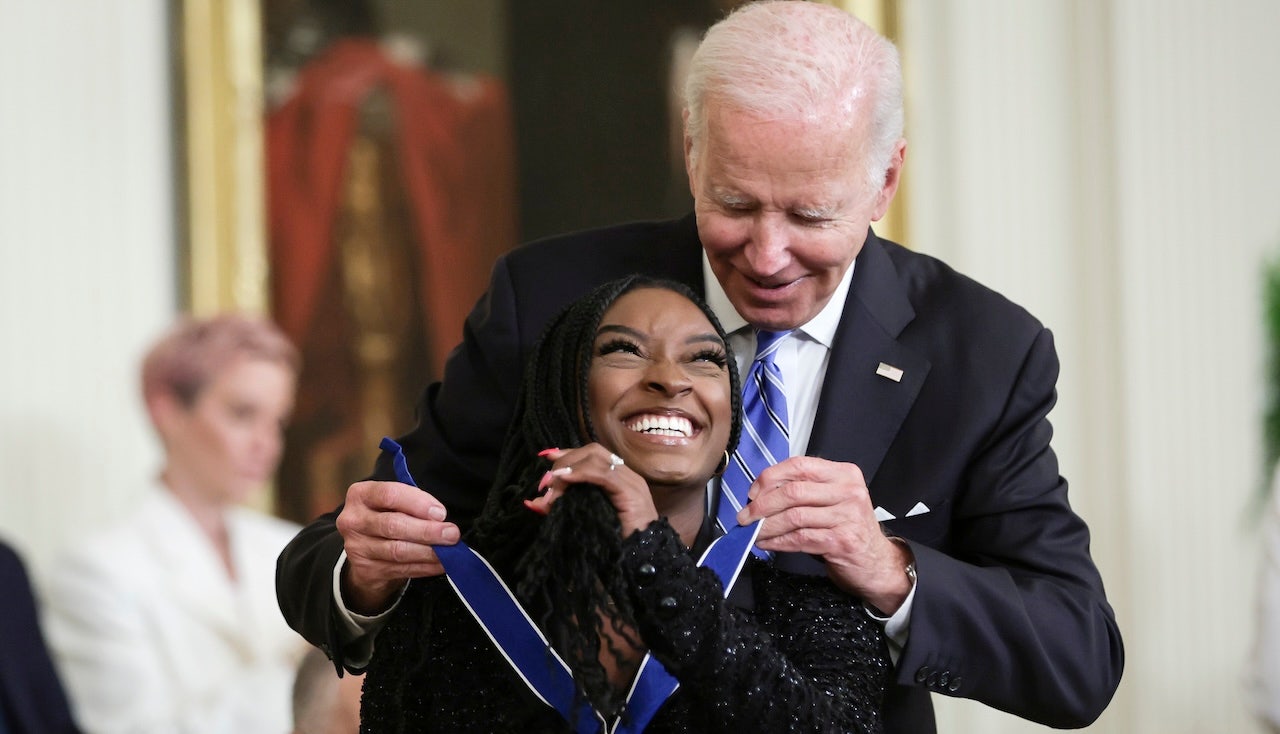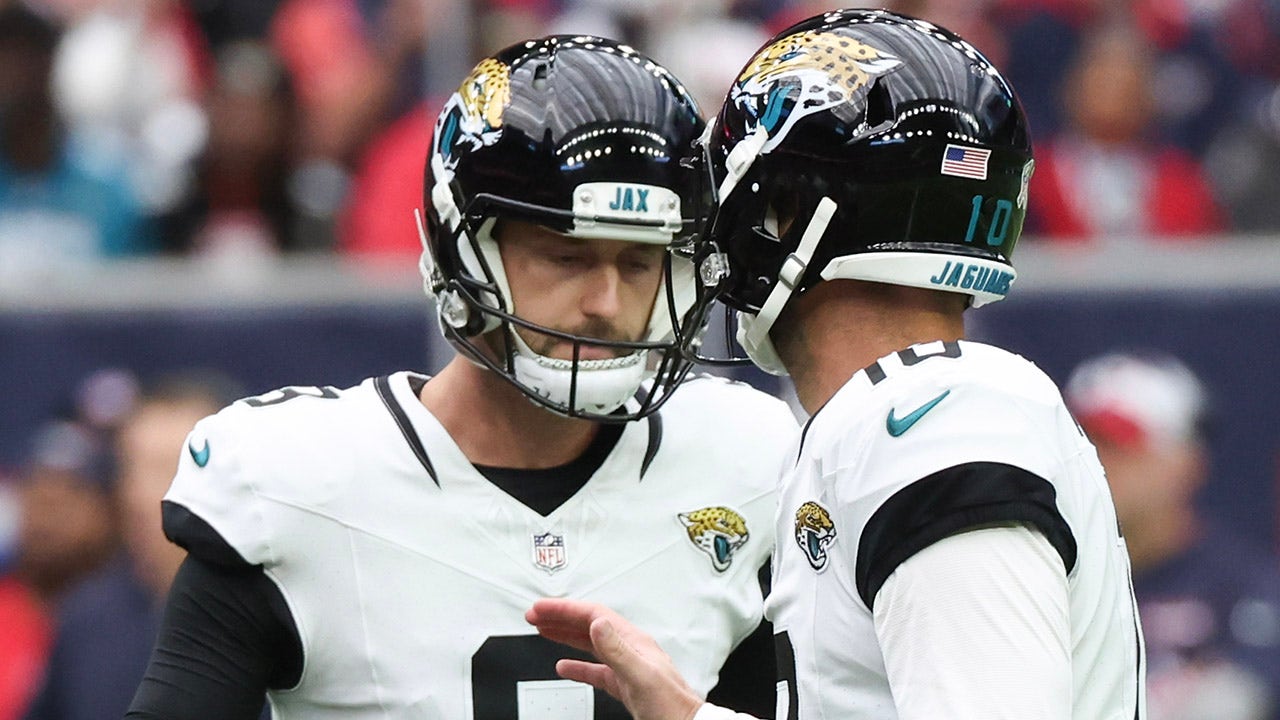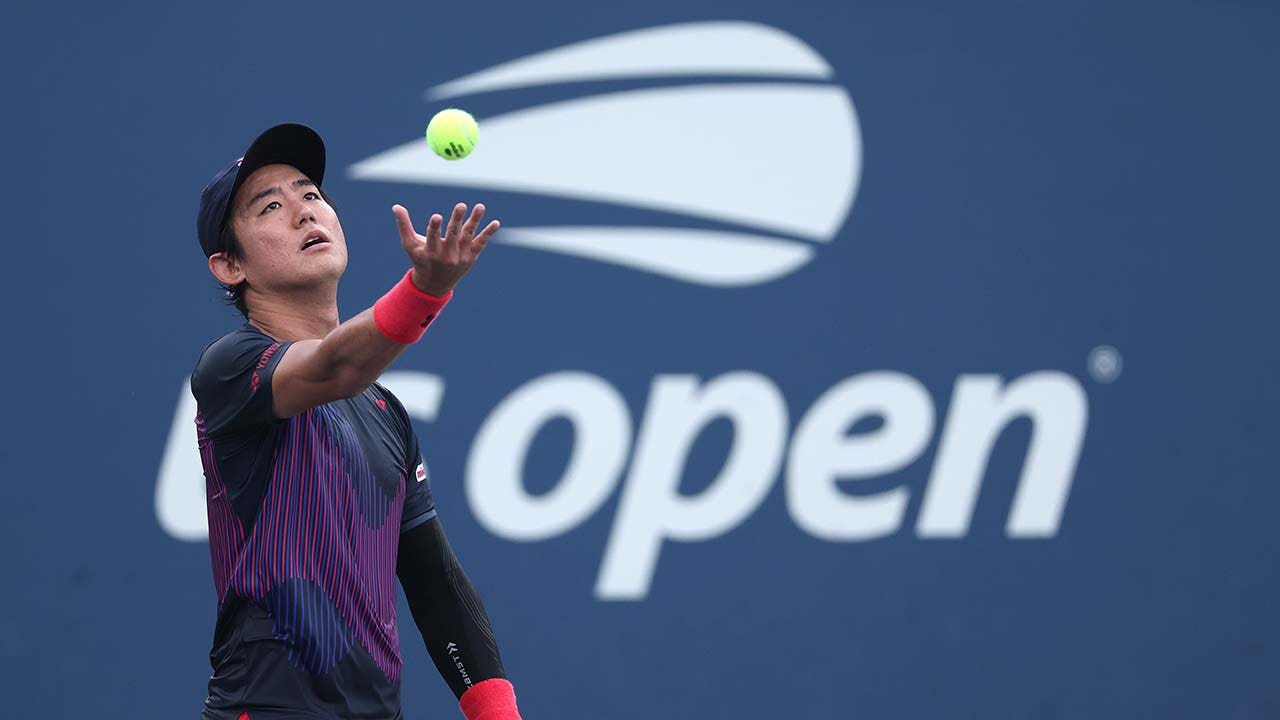Once upon a time, there was a screenplay for a hockey movie that was so absurd, so over the top, that even the studio executives who wanted to make it wondered if it was too unrealistic.
Almost every page of the script featured profanity. There were wild brawls on the ice, fights with fans in the stands and a trio of bespectacled brothers who raced toy cars at home and pummeled opponents at night. It was so outrageous that one day Ned Dowd, a minor-league hockey player, received a call from his sister, Nancy, who wrote the screenplay and was trying to get the movie made.
She asked for Ned’s help.
Nancy Dowd had shadowed Ned’s team, the Johnstown Jets, for a month during the 1974-75 season of the North American Hockey League (NAHL), about the lowest rung of the minors, a place for long shots, has-beens and brawlers. Nancy had degrees from Smith College and UCLA’s film school, but she’d become fascinated by her brother’s existence on hockey’s frontier and wrote a script about a rowdy minor-league team on the verge of collapse that rallies to win the championship.
The movie, “Slap Shot,” would go on to become one of the greatest sports films of all time, a classic still beloved by both fans and players more than 45 years later. But first a studio had to make it, and that’s why Nancy Dowd called Ned. She asked him to fly to Los Angeles and meet with actor Paul Newman, director George Roy Hill and skeptical executives from Universal Pictures.
Ned, a self-described raconteur with a history degree from Bowdoin College, walked into a private dining room at Universal and started to regale the group with stories about his playing days in Johnstown, Pa. Soon it must have become obvious that the wildest thing about “Slap Shot” wasn’t the brawls on the ice or fights in the stands or the goofy, goony brothers later immortalized as the Hansons.
The wildest thing was that so much of it actually happened.
Fred Yost waited at the airport. And waited. And waited.
He was there in October 1974 to pick up three new players for the Johnstown Jets before training camp, and even though Yost had never met them, he was confident he would recognize the trio as hockey players.
Except no one at the airport looked much like a hockey player. What Yost did see were three tall guys with long hair and glasses. A rock band, he thought.
The airport crowd thinned. Yost, the middle-aged sports editor of the Johnstown Tribune-Democrat, was still there. So were the three guys with long hair and glasses who Yost watched throttle an unaccommodating vending machine at the airport.
“Are you guys the Carlsons?” Yost asked, and when the three said they were, Yost would later tell a colleague his only reaction was: “Oh my god.”
The three brothers wore black-rimmed glasses. They were 6 feet 3. All had long hair. They wore consecutive numbers (16, 17, 18), played on the same line and lived together. Steve played center, Jeff on the right and Jack on the left.
During their first shift at training camp, Steve Carlson held up two fingers to signal to his brothers play number two. The rest of the Jets were stunned.
“You don’t do that in hockey,” goalie Ron Docken said.
Some players started to laugh — including, until that moment, the Jets’ toughest enforcer. That was a mistake. Jeff Carlson, in the words of Docken, skated over and “beat the tar out of him.”
Before the Jets’ first game, defenseman Pat Westrum walked into the locker room and saw the Carlsons sitting together — as always — with golf gloves on. Confused, he watched as the brothers wrapped tape between their fingers.
“What the hell are you guys doing?” Westrum asked.
“Oh, yeah, this is good,” one of the brothers said. “If you get in a fight, it cuts their face.”
This is going to be bonkers, Westrum thought.
In the first period, Westrum watched the Carlsons fly all over the ice and smash opponents into the boards, a three-headed attack squad out for mayhem. Later in the game, all three brothers fought a different opponent at the exact same time. They racked up six penalties, scored three of the team’s four goals and Jeff Carlson was ejected.
Westrum couldn’t believe it: Are you kidding me? This is what I’m getting into?

Steve Carlson (left) and Jeff Carlson, pictured here in 1975, starred as the Hanson brothers in the movie “Slap Shot,” but they also played for the Johnstown Jets. (Pete Hohn / Star Tribune via Getty Images)
Drunk late one night in Johnstown, Ned Dowd called Nancy in Los Angeles.
Ned was in his second season in Johnstown and just his second season of pro hockey. After earning his masters from McGill University in Montreal, he had decided to chase his hockey dreams in the rough-and-rugged NAHL, where the old joke was: “I went to a fight and a hockey game broke out.”
“It was my first job out of college,” Ned said. “Really, I went to college to do this?”
On the phone that night, Ned told his sister about the absurdity of minor-league hockey. During his first season, the Jets had almost folded. The team had been $50,000 in debt and held a telethon to raise money. One newspaper report said at the time the Jets needed to average at least 3,200 fans for four playoff games or else drop out of the NAHL.
When Nancy asked Ned who even owned the Jets, Ned said he didn’t know.
On top of that, Ned’s first season in Johnstown had ended in the most bizarre way possible.
With 19 seconds left in the second period of a semifinal playoff series against the Syracuse Blazers, Johnstown fans attacked two Syracuse players in the penalty box. One of those players was notorious NAHL bad boy Bill “Goldie” Goldthorpe, conspicuous with his bushy sideburns and big blonde afro. Goldie Goldthorpe’s reputation preceded him in every arena. Once, he bit an official. Another time, he traded punches in street clothes on the ice with Ron Orr, the brother of Hall of Famer Bobby Orr and the general manager of the other team.
To calm the storm in Johnstown, the referee sent both teams off the ice. It didn’t work. More than 400 Johnstown fans swarmed around the Blazers’ locker room. Citing insufficient protection from security at Johnstown’s arena, the Syracuse coach refused to return his team to the ice and forfeited the game. (When the Blazers did leave, Johnstown fans pelted the team bus with beer bottles).
In the morning, Johnstown players voted not to travel to Syracuse for the next game because, Docken said, Syracuse fans “would have been throwing beer cans and whatever else at us.”
Or, as Ned Dowd put it, “We all just said: We’re not going back there.’”
So the Jets forfeited the game — and the series — and Ned’s first season of pro hockey was over just like that.
As Nancy listened to her brother’s stories on the phone, she had an idea. She dropped everything, bought a ticket to Johnstown and embedded with the Jets.
Once there, she met three muses with long hair and black-rimmed glasses.
The first time Ron Docken walked into the Carlson brothers’ house in Johnstown and saw the toy racetrack, he was not surprised.
“Not a bit,” he said.
That was just the Carlsons.
Docken: When the Carlsons got their first paycheck, they went down to the local department store and bought remote cars and every inch of track they could get.
Westrum: Their house was whacko. It was wide open. And the whole thing revolved around the racetrack.
Docken: In their living room, they set up a track and then it went down the hall into the bedroom, into the bathroom and back out again.
Westrum: We’d have a few drinks and then we’d bet on whose car was going to win. That was after practice a lot.
Docken: When you’d go over there, the refrigerator was full of beer and that was about it.
Westrum: I don’t know if they even ate at home ever. It was just a mess.
Docken: You’d race and you had $20, $30, $40, $50 in the middle of the track, but if your car went into the bedroom and didn’t come back, you lost.

The fictional Hansen brothers in 1977, Jack (David Hanson), Steve (Steve Carlson) and Jeff (Jeff Carlson), were professional hockey players in real life but murderous competitors in the movie “Slap Shot” in 1977. (Michael Ochs Archives / Getty Images)
Joe Gorden, Johnstown Tribune-Democrat sportswriter: We’d just got into the motel and a lot of guys had gone to their room. We were standing around the lobby. A kid came in, maybe 10 or 12 years old. A little chubby. He walked right up to Jack Carlson and said: “Are you Jack Carlson?” Jack said yes. The kid took off his jacket, threw it on the floor and said: “I came to challenge you.” The Carlson brothers are all standing around. The kid produced a roll of quarters and said: “We’re playing video games.” The only video game in those days was pong, so Jack Carlson played pong against this kid for hours. The other two Carlsons were standing there, cheering, they were really into it.
Docken: Jeff Carlson had a pet rock in his locker.
Gorden: They used to walk around town with a brick on a leash.
Gorden: Jack Carlson was whistled for a penalty at one point and put in the penalty box. The officials looked around and he wasn’t there. They couldn’t find him. He was three rows up in the stands sitting next to a little kid. The kid had yelled down to him: “Hey, Jack, do you want a hot dog?” So Jack went up and sat beside this kid and ate a hot dog.
Ned Dowd: The bus, we called it the Iron Lung.
Gorden: One night almost everyone was asleep. Steve Carlson rolled up in a blanket and went to sleep and the other guys set him on fire. I woke up, there’s smoke, there’s flames coming off his blanket, they’re all laughing.
Westrum: Lighting people’s tennis shoes on fire.
Gorden: When I went on the road with them, I roomed with Dick Roberge, the coach, at first. We went into the motel in Cape Cod, and Dick said: “We have a block of rooms.” They said: “Yep.” He said: “You have the Carlson brothers?” They said: “Yep.” He said: “I want you to put them at the other end of the motel. And let me know what the damages are in the morning.”
Docken: These guys were hilarious.
They were also prone to a fight or three.
Nancy Dowd hung around the Jets for three or four weeks.
She crossed paths with John Mitchell, the team’s executive director who wore a black winter hat, peppered his sentences with “son” and cautioned his players about their vampire hours: “Big man at night, little man in the morning.” She met eccentric backup goalie Jean-Louis Levasseur, who once wore fishing gear to a team party and tried to reel in a bar of soap from a fish bowl, and Dave “Killer” Hanson, a friend of the Carlsons who also raced toy cars, loved comic books and often joined the brothers in fights.
Nancy even asked Ned to carry a small tape recorder into the locker room and onto the team bus.
“We would always see Ned reach down and turn the tape recorder on,” Docken said. “As soon as that happened, all the F’s and S’s would go flying around.”
Nancy flew home to Los Angeles with about 50 hours worth of behind-the-scenes audio tapes. A talented writer with a knack for dialogue — she later won an Oscar for best original screenplay for the movie “Coming Home” — Nancy produced a script in four months.

“Slap Shot” featured a brawl with fans, led by their player-coach Reggie Dunlop (Paul Newman), but the Johnstown Jets’ reality might have been more harrowing. (Michael Ochs Archives / Getty Images)
It was a January night in Utica, another game in a long season full of them, when the Carlson brothers went to jail.
The trouble started when Jack Carlson squared up with Mohawk Valley defenseman Gerard Gibbons. Before the two could exchange punches, Steve Carlson rushed in and cross-checked Gibbons, setting off a brawl.
At some point during the chaos, an object thrown from the stands hit Jack Carlson in the face (some witnesses said it was keys; others thought it was ball bearings, nuts and bolts). Either way, the Carlsons and some of their teammates scaled the plexiglass, climbed into the stands and used their sticks to fight Utica fans. Mohawk Valley coach Brian Conacher claimed one of the Carlsons chucked his stick into the crowd like a spear. An usher rushed over to one of the Carlson brothers, so Dave “Killer” Hanson rushed to take on the usher.
It was chaos.
Fifteen Utica policemen arrived at the arena and hauled away Jeff and Jack Carlson in cuffs. Later that night, Harry Neale, who was coaching the Minnesota Fighting Saints of the World Hockey Association at the time and happened to be in town on a scouting trip, bailed the brothers out of jail.
Two weeks later, while the legal proceedings from the brawl in Utica played out in court, the Jets faced the Broome County Dusters. Some of the Dusters’ players wore fake glasses attached to big noses during warmups — a shot at the Carlson brothers. In the locker room before the game, Steve Carlson warned Johnstown coach Dick Roberge, according to the book “The Making of Slap Shot: Behind the Scenes of the Greatest Hockey Movie” by Jonathan Jackson.
“Coach, as soon as that puck is dropped, we’re pairing up,” Steve Carlson said.
The brawl resulted in: Jack Carlson flying over the boards; a Dusters player ending up in the Johnstown bench, where he received “about 1,000 lumps” from Roberge and the team trainer; the Dusters coach accusing Jack Carlson of wearing tape on his hands; and a red-faced, cut-up, stick-swinging Dusters tough guy named Ted McCaskill delivering one of the most cold-blooded postgame quotes of all time.
“If I could have,” McCaskill said about his run-in with Jack Carlson, “I would have decapitated him.”
Around that time, something changed for the Jets. Once a team with a losing record on the outside of the NAHL playoff picture, the Jets went 22-8 in the final 30 games and roared into the playoffs.
“Everybody was scared of us, to be truthful,” Westrum said.
The Jets rode that intimidation and their talent — Dave Hanson, Jack Carlson and Steve Carlson would all play in the NHL — to an unlikely championship and a perfect Hollywood ending.
Once Universal signed off on the movie, Paul Newman traveled to Johnstown in February 1976 to scout the city as a possible location. Naturally, he went to a Jets game.
With 18 seconds left that night, Dusters goalie Cap Raeder allowed his eighth goal of the night. A rowdy Johnstown fan shouted something at him. Raeder skated over, broke his stick against the glass and climbed into the crowd. Teammates joined him, some firing sticks into the stands. Just as order was about to be restored, Johnstown fans knocked over a piece of plexiglass, which smashed Duster Ed Pizunski on the head. Pizunski returned the favor by pummeling a nearby fan.
After the game, Newman grabbed a beer with a reporter from the Binghamton Press and Sun-Bulletin. He was delighted.
“We don’t have to look any farther,” Newman said. “This place is perfect.”
The movie started filming in Johnstown in March 1976. Many real-life characters had parts in the movie: Ned Dowd was the notorious goon Olgie Oglethorpe. Nine Broome County Dusters appeared in the film, including Ted McCaskill, as did many Johnstown Jets. Most famously of all, Jeff and Steve Carlson along with Dave “Killer” Hanson starred as the glasses-wearing brothers who loved toy cars and brawls (the Carlson’s brother Jack got called up to play in Edmonton of the WHA before the movie was shot).
In other words, the trio played themselves.
In one final intersection between real life and art, the Jets played a playoff game in March 1976 against the Buffalo Norsemen. During warmups 20 minutes before the game, Johnstown’s Vern Campigotto skated past Buffalo’s Greg Neeld, who had lost his left eye years earlier and had more recently antagonized the Jets.
“Hey, you one-eyed bastard,” Campigotto said, then challenged Neeld to a fight. Dave “Killer” Hanson jumped in. So did Steve Carlson despite a cast on his hand.
Since there were no officials on the ice and the incident happened before the puck dropped, the Jets were not penalized for inciting a brawl. Actually, they were rewarded for it. The Buffalo team refused to come out of the locker room and forfeited both the game and the playoff series. In one final twist, the NAHL fined Buffalo, not Johnstown, $1,000.
The only thing that did not actually happen that night: No one yelled they were trying to listen to the song!
(Illustration: John Bradford / The Athletic. Photos: Jets team picture courtesy of the Johnstown, Pa., Tribune-Democrat; other images: Getty; Movie Poster Image Art)

